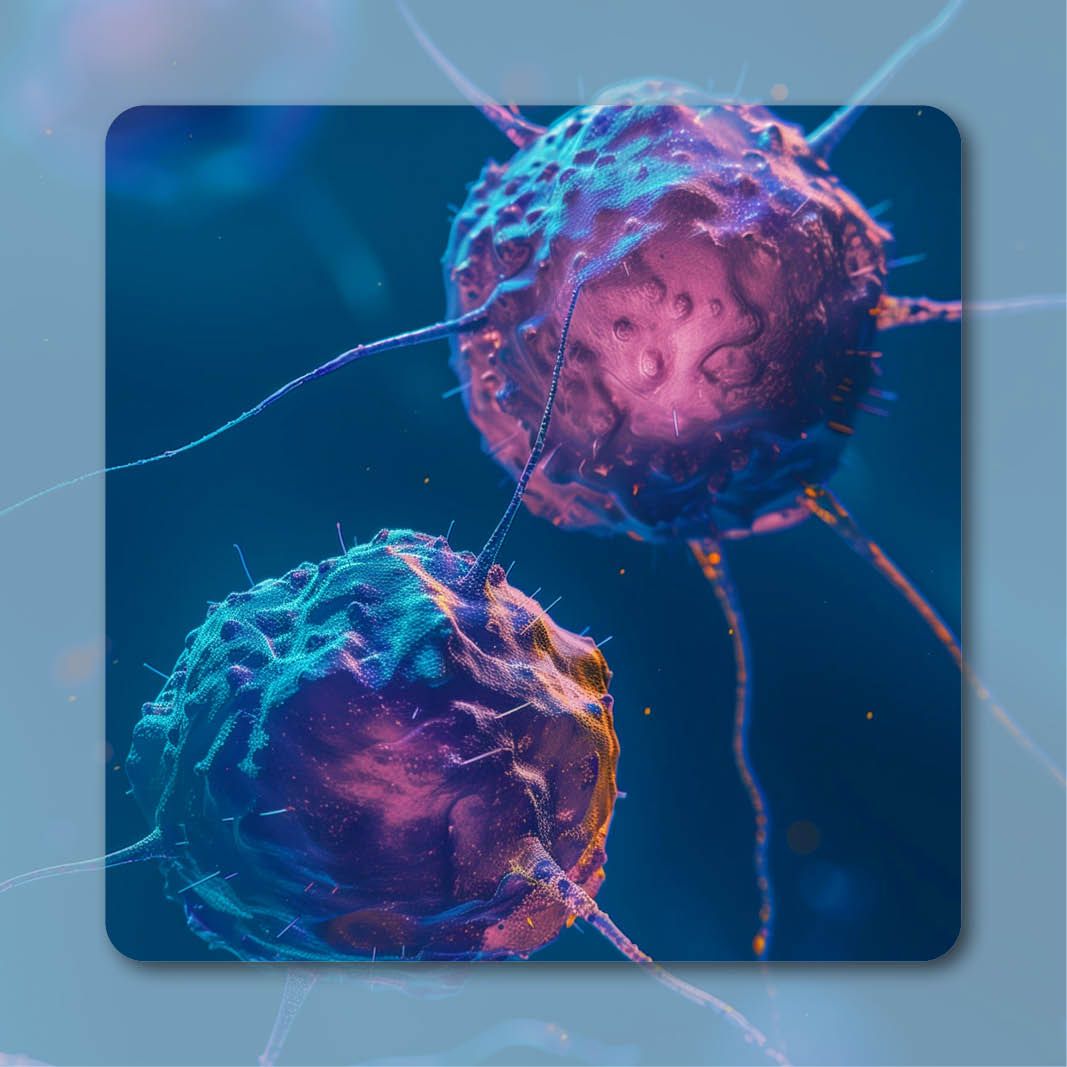Video
Dr. Oliveira on the Examination of Camizestrant Vs Fulvestrant in ER+/HER2- Breast Cancer
Author(s):
Mafalda Oliveira, MD, PhD, discusses the examination of camizestrant vs fulvestrant in estrogen receptor-positive, HER2-negative advanced breast cancer.
Mafalda Oliveira, MD, PhD, attending physician, Medical Oncology Department, Breast Cancer Group, Vall d'Hebron University Hospital, discusses the examination of camizestrant (formerly AZD9833) vs fulvestrant (Faslodex) in estrogen receptor (ER)–positive, HER2-negative advanced breast cancer.
At the 2022 San Antonio Breast Cancer Symposium, data from the phase 2 SERENA-2 trial (NCT04214288) were presented, comparing the efficacy and safety of camizestrant vs fulvestrant in patients with ER-positive, HER2-negative breast cancer. The phase 2 trial formally evaluated 2 differentdoses of camizestrant: 75 mg and 150 mg, Oliveira explains.
When treating patients with 75 mg of camizestrant, the hazard ratio (HR) was 0.58 with a median progression-free survival (PFS) of 7.2 months vs 3.7 months in patients treated with fulvestrant, Oliveira says. Moreover, in patients treated with 150 mg of camizestrant, the HR was 0.67, with a median PFS of 7.7 months. Both doses of camizestrant led to a statistically significant improvement in PFS compared with fulvestrant, which induced a median PFS of 3.7 months, Oliveira explains. The trial was not designed to compare the 2 doses of camizestrant, Oliveira concludes.








